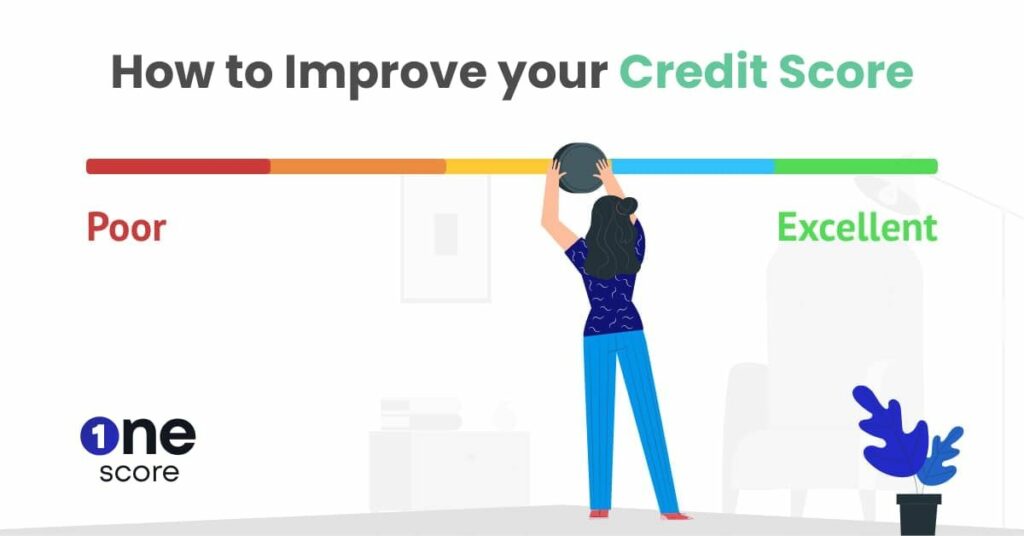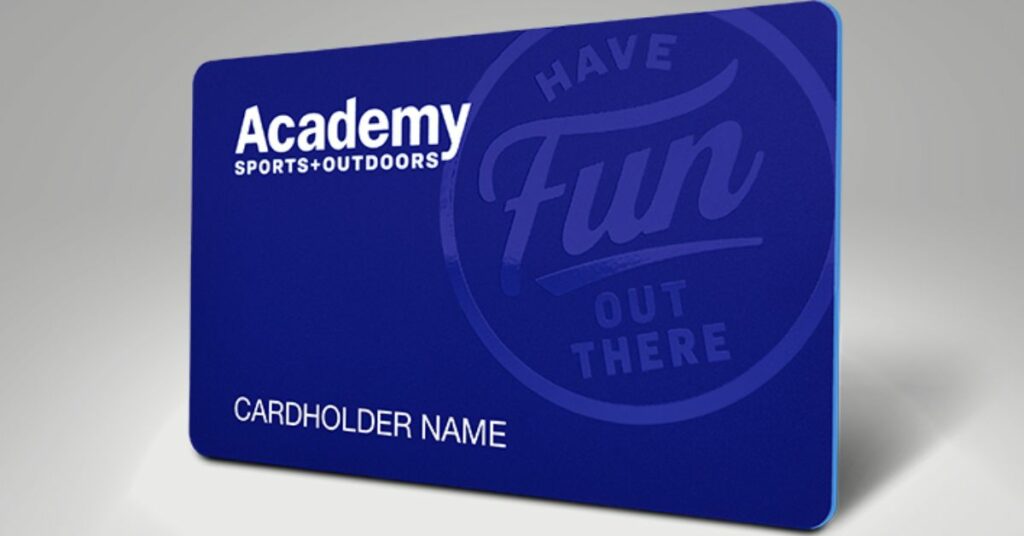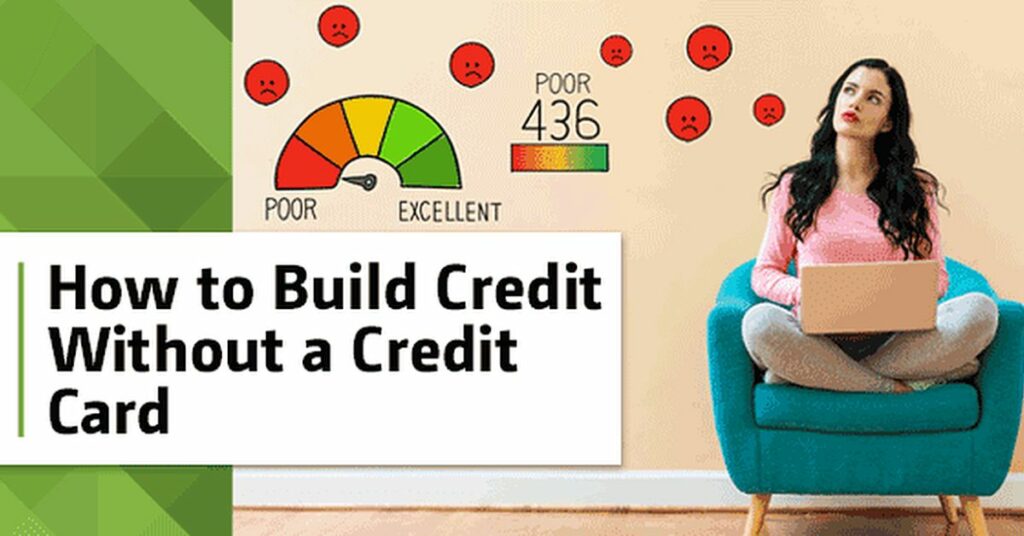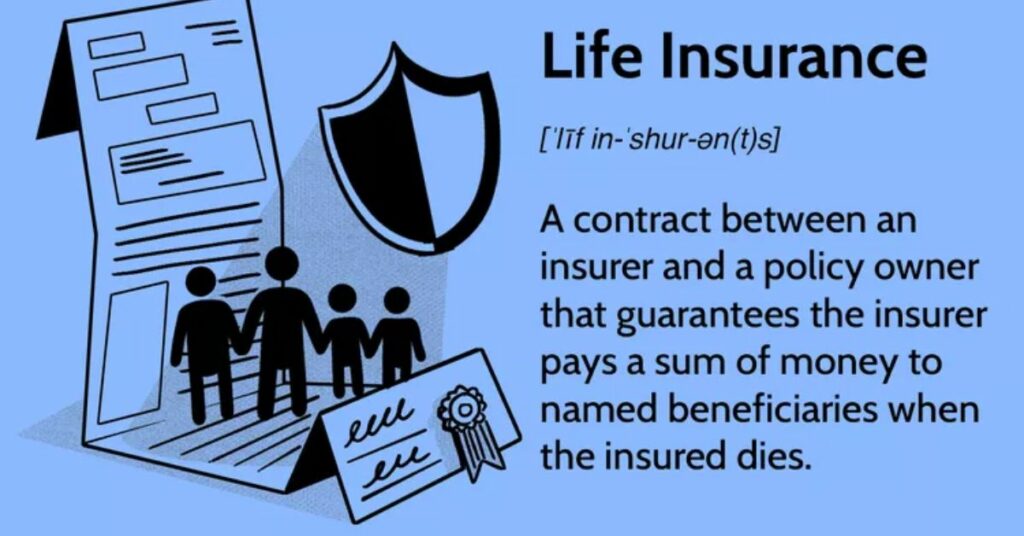Most financial institutions will provide you a debit card in conjunction with your checking account. Debit cards are promoted by banks as a way to prevent overspending, but there are more efficient ways to shop.
Although debit cards make it easy to pay for things, doing so comes with some dangers. In reality, you might be passing up on some rather remarkable advantages.
We’ll explain why it would be unwise to pay using a debit card and offer some alternate methods of payment in the following paragraphs.
5 Reasons To Stop Paying With A Debit Card
The five most compelling arguments against debit cards are as follows.
1. You’ll Miss Out on the Opportunity to Build Credit
If you want to buy a home or open a business, or do anything else that requires borrowing money, having good credit is crucial. Having a high credit score makes it easier to qualify for low interest rates on major purchases like homes, cars, and apartments.
Good credit is the result of consistent, positive behavior. This involves making responsible use of credit cards and other forms of available credit. Using a debit card to make purchases won’t allow you to do this.
With a debit card, the money for a purchase comes straight out of your checking account. Your bank or debit card provider will not report any further activity to the credit bureaus after this point because the transaction is complete. There will be no impact on your credit score regardless of how you handle your finances.
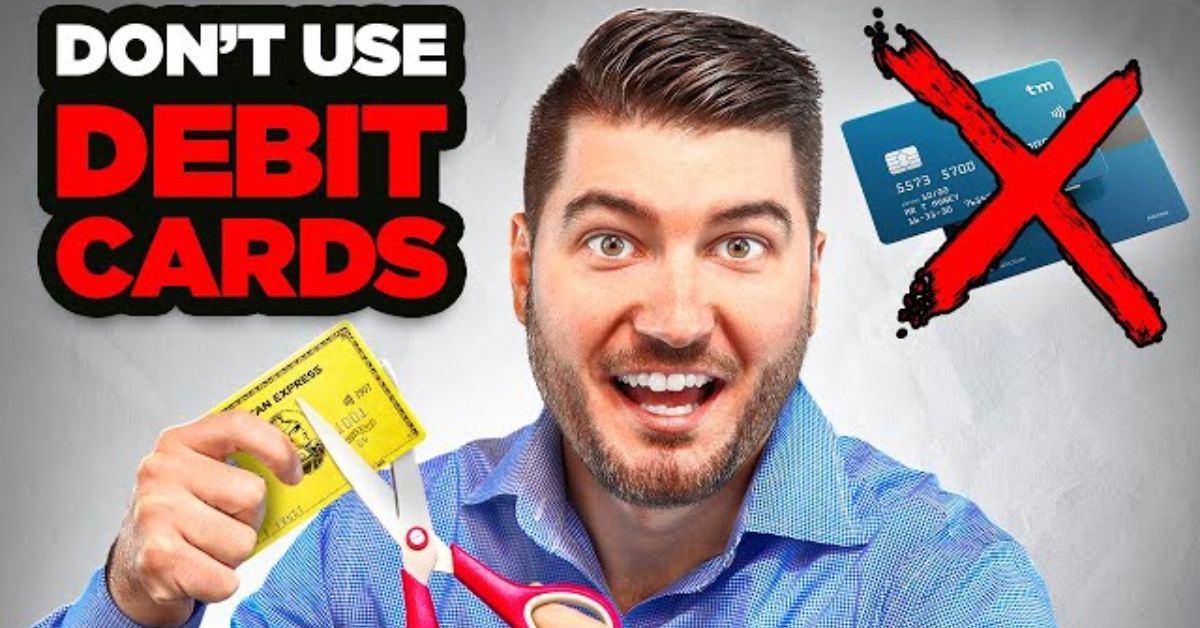
The greatest strategy to establish credit is to use a credit card for all of your regular expenditures. Credit cards give cardholders access to a predetermined credit limit. This credit line typically exceeds the amount a person has available in their checking account. If you use your credit card responsibly, the company that issued it to you will likely update your credit record, helping your score rise.
Maintaining a low credit utilization ratio and making payments on time are two of the most important criteria in determining your credit score. A credit card can be a great tool for improving your credit score if you use it responsibly and pay on time.
Below, we have provided links to further articles that discuss common money blunders:
- 5 Steps to Planning for Retirement in 2023: An Overview and How-to Guide
- Protecting Your Identity: 11 Steps to Take Right Away
2. You Can’t Take Advantage of Rewards or Points
Although some debit cards can provide rewards, they typically pale in comparison to the welcome bonuses and other perks that may be earned by using a rewards credit card.
The goal of credit card firms is to encourage card usage by providing benefits to customers. Credit cards offer substantially higher potential profits for issuers than debit cards do due to annual fees and interchange rates. For this reason, many banks and other financial organizations devise incentives, such as enticing offers and rewards, to get customers to use their credit cards.
The best credit cards provide either a cash reward of up to 5 percent or travel points that can be used for things like hotel stays and airfare. Banks can’t afford to offer the same incentives to debit card users since the interchange fees they generate aren’t nearly as high as those from credit card transactions.
The one caveat is that the annual fees on the greatest rewards credit cards can be rather high. You can earn more than enough rewards to cover the yearly charge if you use your card frequently enough.
3. You Can Put Yourself at Risk for Fraud
Unauthorized purchases occur infrequently in today’s world full of scammers and hackers. If you use a debit card, you may lose several protections in the event of fraud and could be short of cash for a while.
The federal government has passed laws that limit how much money can be stolen from your debit or credit card. However, the law handles debit card transactions differently from credit card transactions, and you may face consequences if you fail to properly report debit card fraud.
The Fair Credit Billing Act ensures the safety of credit card purchases. Your financial responsibility for fraudulent use of your physical card is capped at $50 thanks to this law. You are not responsible for any charges made on your credit card by an unauthorized third party even if they have obtained your credit card number.
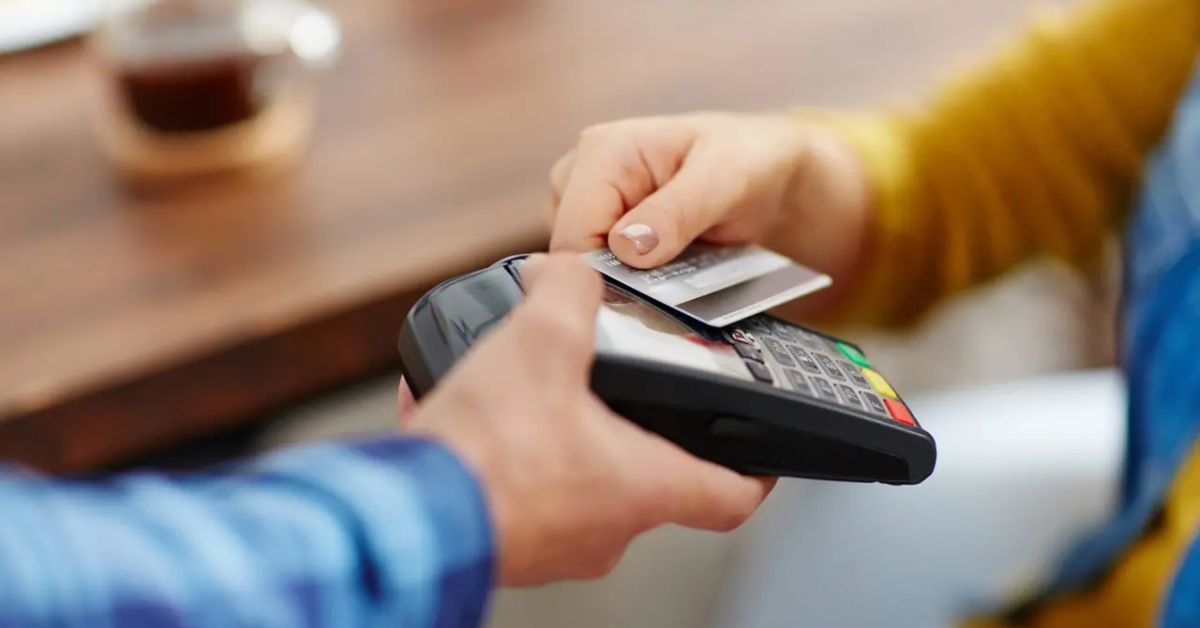
When it comes to protecting their customers against fraud, many credit card companies go above and above what the Fair Credit Billing Act mandates. Visa, Discover, and Mastercard all have policies in place wherein cardholders incur no financial responsibility in the event of identity theft or credit card fraud.
Federal law takes a very different approach to debit card theft than it does to credit card fraud. Debit card fraud is shielded by the Electronic Fund Transfer Act, although the act’s requirements can make fraudulent transactions more expensive.
If you notice suspicious activity on your debit card and report it to your bank within two business days, you will be liable for no more than $50 in fraudulent charges made with your debit card number or card. However, your responsibility increases to $500 if you fail to record transactions after the two-day grace period has passed. In order to avoid unnecessary expenses and hassle, you should check your statements often.
4. You Won’t Get the Same Purchase or Price Protections
Debit cards don’t come with the same consumer safeguards that are standard for big credit cards. The following are some of the safeguards in place:
Purchase Confidence: You can file a claim to get your lost or broken stuff replaced, fixed, or reimbursed.
Price protection: If the price of an item you purchased reduces before or after you buy it, you may be entitled to a refund.
Return protection: If you need more time to return an item and get your money back, you can get it.
Extended warranties: For certain products, you can get an extra year or more of coverage.
By clicking on the links below, you may read more finance-related articles:
5. You Won’t Get Any Help in a Financial Emergency
Sometimes you have to pay for things out of the blue. You might not have enough money in your checking account to cover the total cost if you try to pay with a debit card. In fact, you may incur overdraft charges if you try to use your card to pay for an unexpected need.
When faced with an unforeseen expense, you have no access to a line of credit that you can use with a debit card. That’s bad news if you’re in a bind and need to make a quick payment under pressure.
However, credit cards let you access your available credit in the event of an unexpected expense or temporary decrease in income. It is prudent to limit monthly expenses to what can be comfortably repaid. When bad times do come, having sound credit practices will help you get back on your feet. With a debit card, you can’t do that.
Should You Use A Debit Card Or Credit Card?
It’s normal practice to weigh the pros and cons of using a credit card against a debit card while making financial transactions. Debit cards are sometimes promoted as a tool to minimize overspending, but they come with a number of dangers and disadvantages that make them less appealing to people who are good with their money.
Credit cards and digital wallets are two examples of alternatives to cash that can provide enhanced security, additional perks, and important credit-building chances. While a debit card has its uses, it is not the best method of payment to use if you want to improve your financial situation in the long run.
The informative and thought-provoking content that can be found on the website CaliforniaExaminer.net is a wonderful tool for staying abreast of the latest news.

